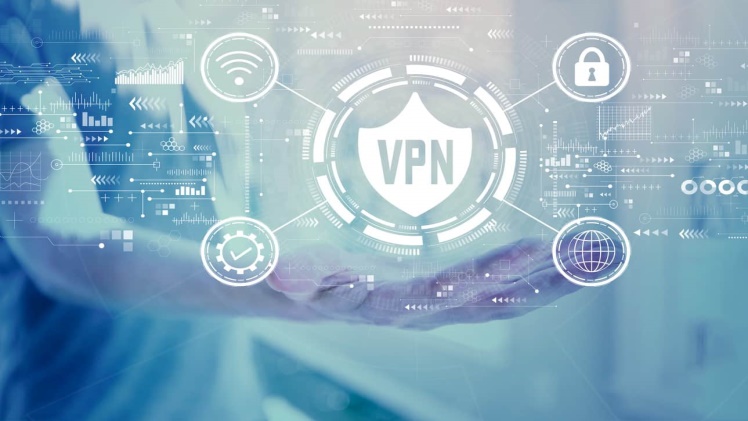In today’s digital age, where almost every aspect of our lives is connected to the internet, ensuring our privacy and security has become more important than ever. With the proliferation of cyber threats and data breaches, it’s essential to take proactive measures to protect our personal information from falling into the wrong hands. One powerful tool that has gained significant popularity in recent years for safeguarding online privacy and security is iTop VPN. This article will explore the importance of VPNs, their benefits, and their various applications.
What is a VPN?
A VPN is a service that creates a secure, encrypted connection over the internet between a user’s device, such as a computer, smartphone, or tablet, and a remote server. This encrypted connection effectively masks the user’s IP address, making it difficult for anyone, including hackers, government agencies, or advertisers, to monitor or track their online activities. The user’s internet traffic is routed through the VPN server, which acts as a middleman, encrypting the data and making it unreadable to anyone who tries to intercept it.
Protecting Online Privacy
One of the primary benefits of using a VPN is protecting online privacy. When users connect to the internet without a VPN, their internet service provider (ISP) can monitor their online activities, including the websites they visit, the apps they use, and the data they transmit. Additionally, hackers or malicious actors can potentially intercept users’ data and gain unauthorized access to their personal information, such as login credentials, credit card numbers, and other sensitive data.
By using a VPN, users can protect their online privacy by encrypting their internet traffic and hiding their IP address, making it virtually impossible for ISPs, hackers, or other third parties to monitor or track their online activities. This is particularly crucial when using public Wi-Fi networks, such as those in coffee shops, airports, or hotels, which are often unsecured and susceptible to cyber attacks.
Enhancing Online Security
Apart from protecting online privacy, VPNs also play a vital role in enhancing online security. With the increasing number of cyber threats, such as phishing attacks, malware, and ransomware, it’s crucial to take measures to safeguard personal and sensitive information from falling into the wrong hands.
When users connect to the internet using a VPN, their data is encrypted, adding an extra layer of security to their online activities. This encryption makes it difficult for hackers or cybercriminals to intercept and decipher the data, reducing the risk of data breaches or identity theft. Furthermore, reputable VPN providers often have robust security measures, such as strict no-logs policies, which ensure that users’ online activities are not recorded or stored, further enhancing their online security.
Bypassing Geo-restrictions and Censorship
Another significant application of VPNs is bypassing geo-restrictions and censorship. Many websites, streaming platforms, and online services have regional restrictions, limiting access to content or services based on the user’s location. For example, some streaming platforms may not be available in certain countries, or social media platforms may be censored in certain regions.
By using vpn para Windows, users can mask their IP address and connect to a server in a different location, effectively bypassing geo-restrictions and gaining access to content or services that may be otherwise unavailable. This is particularly useful for travelers who want to access their home country’s content or for individuals living in countries with strict internet censorship laws.

